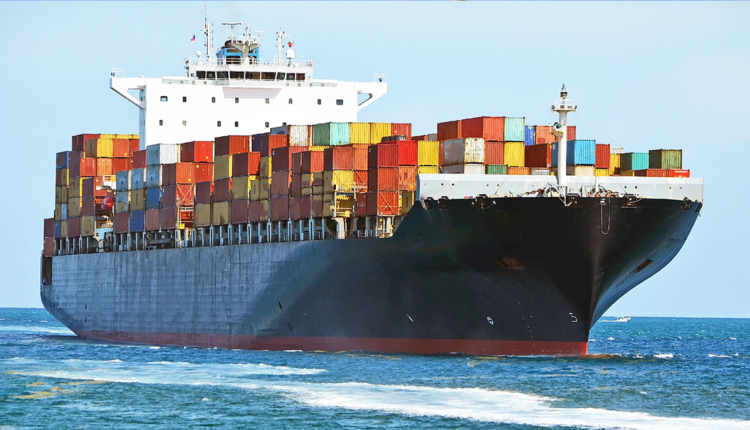The Ghana Chamber of Shipping has urged the government to formulate policies and initiate shipping and maritime policies that will move Ghana forward.
Mr Stanley Raja Korshie Ahorlu, an Executive Council Member of the Chamber interacting with the media said there was the need for Ghana to have concrete policies that would put Ghana in a better position to benefit more from the shipping and maritime sector.
Mr. Ahorlu added that Ghana’s shipping supply chain could offer the country a lot, therefore reiterating that policy formulators must identify where the country could effectively derive from right from the warehousing of goods to the other segments of shipping.
He disclosed that the 2015 United Nations Conference on Trade and Development (UNCTAD) data indicated that the total shipping transport services in Ghana amounted to US$2.318 Billion.
He added that out of the figure, Ghana earned only US$457 million which was approximately 20 percent of the value of the market.
Mr. Ahorlu who is a maritime lawyer and entrepreneur indicated that Ghana could also leverage its competitive advantage in the bulk cargo business, and crude oil business suggesting that it could start with COCOBOD having a shipping division that would enter into the export of cocoa, saying the same could be done our bauxite and manganese.
He said the liquid bulk carriage of our crude is also an example and noted that a well-operating Tema Oil Refinery (TOR)should go into finished products with its ships adding that TOR doesn’t necessarily have to acquire them, they could chatter and that by chattering you create brokerage.
He added that the Ghana National Petroleum Company (GNPC) could also have a shipping division that could leverage offshore vessels.
Touching on ‘cabotage’ which is the right to operate sea, air, or other transport services within a particular territory, he said his outfit was for the introduction and enforcement of cabotage law, to be addressed from a broader perspective.
“We have an advantage in that, we have the African Free Trade Area which has opened up the opportunity for short sea shipping across the coastline of the African continent, so instead of looking at cabotage from a parochial national point of view, we can look at it from a continental or regional point of view.”
Mr. Ahorlu said Ghana’s current shipping and maritime industry had largely improved from a decade ago, but there was still a long way to go.
He noted that in 2011 for instance inadequate infrastructural capacity coupled with inefficiencies in the port clearance chain caused massive delays and difficulties in the maritime trade that consequently contributed to increased cost of goods on the local market.
He said while there had been significant improvement in port infrastructure and supporting automation at the ports, there was still a glaring gap for intermodal transport connectivity within Ghana and across the subcontinent.
Source: GNA


Comments are closed.